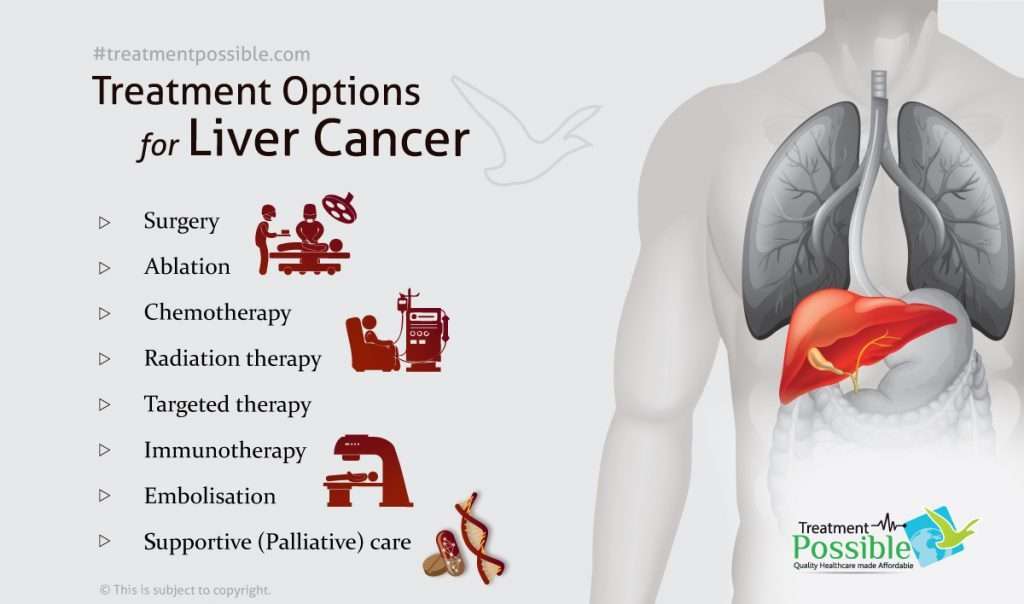
The AI Revolution in Healthcare
Artificial intelligence (AI) continues to push the boundaries of medical care, with a recent study by the University of California, San Francisco (UCSF) shedding light on the remarkable advancements in liver cancer treatment. Spearheaded by Dr. Jin Ge, MD, the research showcases the potential of large language modeling (LLM) technology to revolutionize data extraction and analysis in the medical field.
Unmatched Accuracy and Speed
The UCSF study, published in Gastroenterology, unveils the exceptional accuracy and efficiency of LLM technology in extracting crucial data from medical charts, particularly imaging reports related to liver tumors. With a staggering 93% accuracy rate for general data extraction, soaring to an impressive 99% for specific data types, the AI outperformed human capabilities by being 20 times faster in processing the same information. These findings underscore the AI’s capacity to enhance diagnostic precision and streamline clinical workflows, potentially leading to improved patient outcomes.
 Illustration of AI in Healthcare
Illustration of AI in Healthcare
Future Applications in Healthcare
Although the LLM model used in the study is not yet approved for clinical use, its potential applications are vast. One promising avenue is the evaluation of patient eligibility for liver transplants, a process currently reliant on meticulous and time-consuming manual analysis of cancer spread. Beyond liver cancer care, the technology holds promise for diverse medical fields, including the development of chatbots for patient-provider interactions, bolstering clinical decision support systems, and even predictive modeling based on textual analysis.
A Paradigm Shift in Medical Data Analysis
The UCSF study marks a pivotal moment in the integration of AI into medical research and potentially, patient care. By comparing the AI’s performance with that of human physicians, traditionally considered the gold standard in data extraction, the study not only presents a compelling case for the AI’s superior accuracy and efficiency but also prompts a reevaluation of current methodologies. Dr. Jin Ge highlights that machines might excel in tasks previously thought to necessitate the nuanced judgment of experienced clinicians.
The implications of this study are profound, hinting at a future where AI could play a central role in diagnosing and treating diseases more effectively and efficiently. As technology progresses, the horizon for AI application in healthcare appears boundless, heralding a new era of medical care that is both precise and accessible.
Conclusion
The strides made by AI, particularly in the realm of healthcare, underscore the transformative power of technology in improving patient outcomes and streamlining medical processes. The UCSF study serves as a beacon of hope for a future where AI collaborates seamlessly with medical professionals to deliver enhanced care and treatment.















